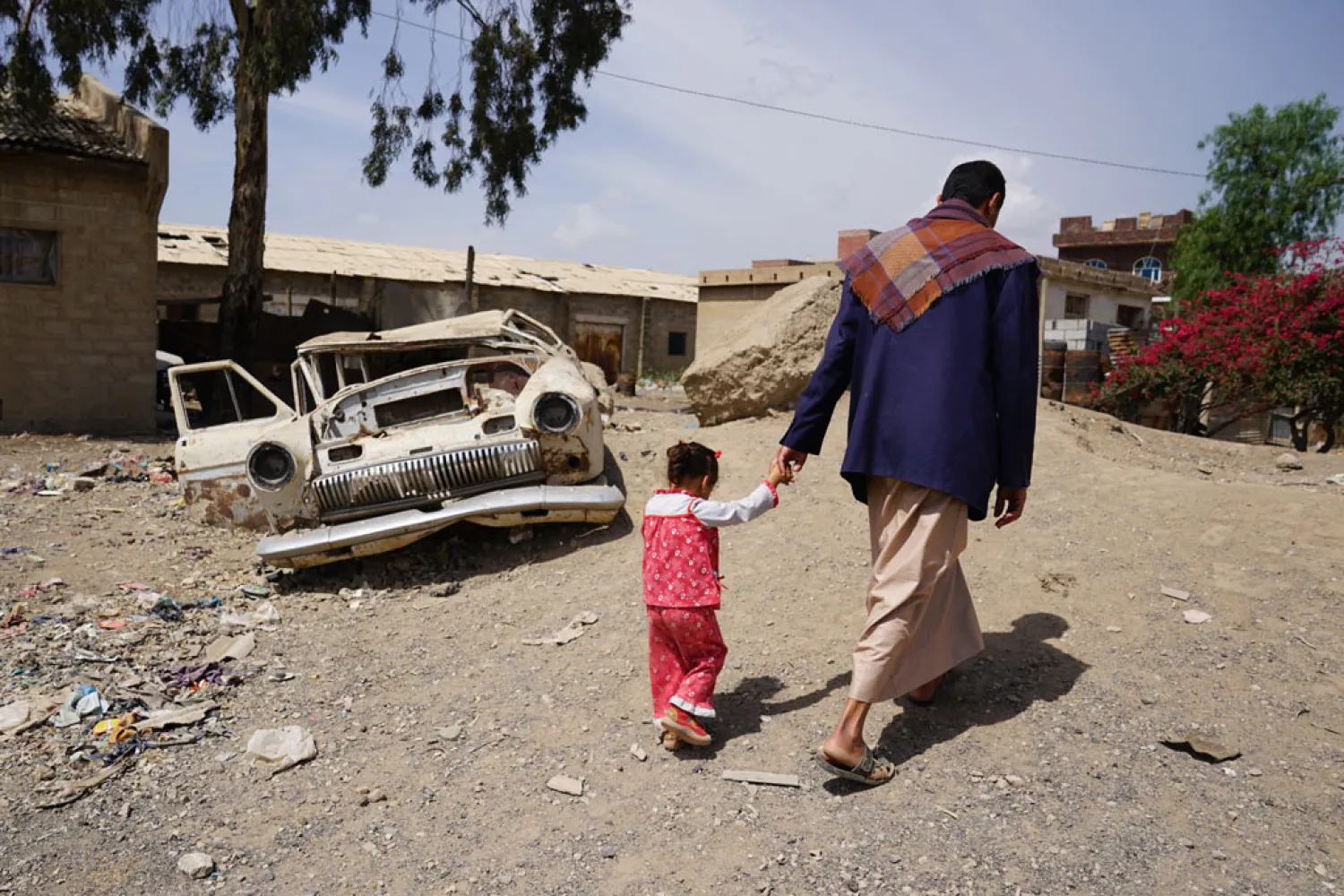Saudi Arabia's ambassador to Yemen Mohammed Al-Jaber reaffirmed that the Kingdom supports all political efforts exerted by the United Nations to bring Yemeni parties back to negotiations and reach a political solution.
However, the ambassador pointed out to the existence of foreign interferences by the Iranian regime that threaten security and stability in the region and Yemen.
UN envoy Ismail Ould Cheikh Ahmed announced on Wednesday his intention to revive negotiations between the parties to the Yemeni conflict through the introduction of a comprehensive initiative for the solution, including humanitarian initiatives to rebuild confidence and the return of the parties to the negotiating table.
"The Iranian regime is threatening security and stability in the region," the Saudi ambassador to Yemen said at a workshop in Brussels organized by the Gulf Research Center, citing a Houthi-Iranian agreement signed by militias in February 2015 to conduct 28 weekly Sanaa-Tehran flights to import ballistic missiles, guided boats and drones, and the specific weapons that the Houthis were supplied with.
"The Saudi position is clear; the solution in Yemen is political and depends on three basic reference points: the Gulf initiative, the outcomes of the Yemeni national dialogue, and the UN Security Council resolution (2216)," he said in a speech to workshop attendees.
The workshop was attended by representatives of the Yemeni government, the European Union, and civil society organizations.
On the other hand, Jaber stressed the need for Houthis to hand over the weapons and participate in the political process as a political party and not as a militia.
"Iranian interference in Yemen must stop and ensure the security and stability of Yemen and the region," he said.
For his part, Mohamed Taha Mustafa, the Yemeni ambassador to Belgium and the European Union, stressed the keenness of the legitimate government led by President Abdrabbuh Mansur Hadi on peace based on the principles of partnership in power and fair distribution of wealth within the framework of a federal Yemen that can serve Yemenis.









